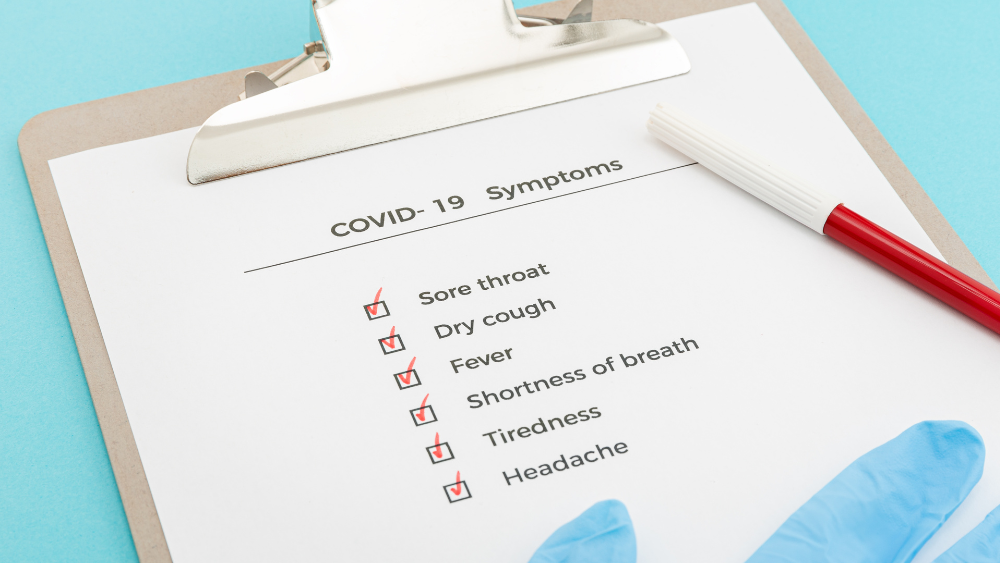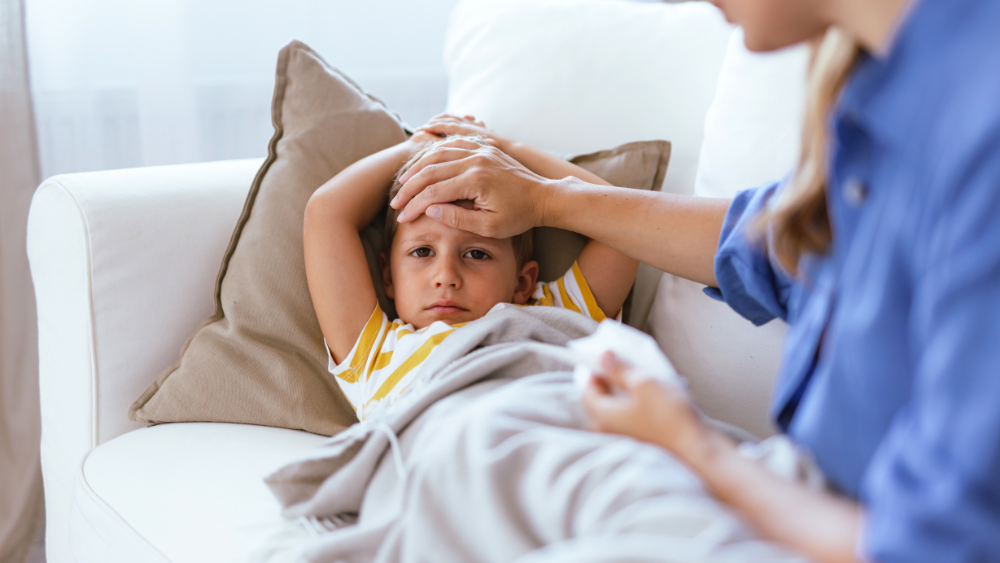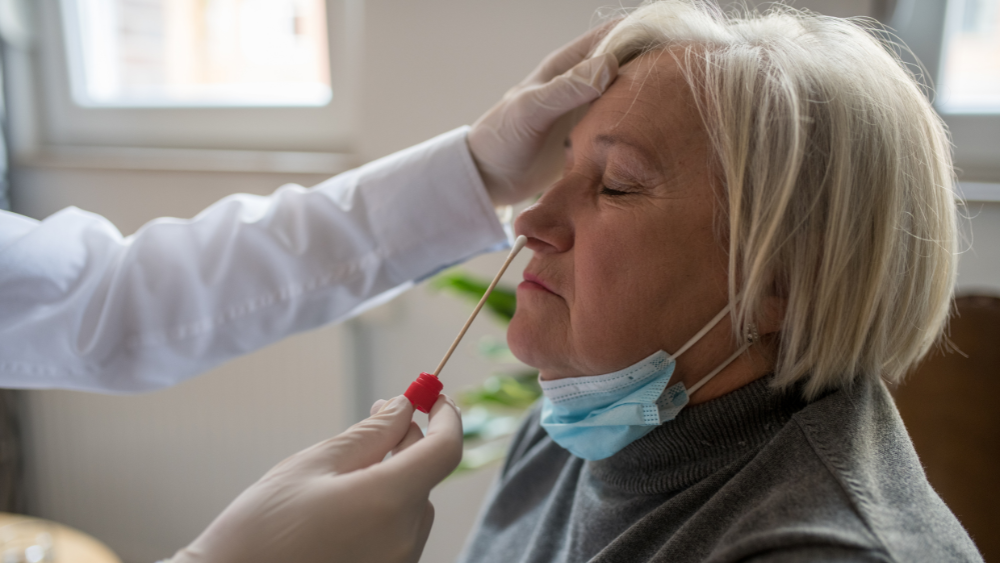Stay Home If You Are Sick
If you are sick with respiratory symptoms, it may be COVID-19 or another respiratory virus. Please stay home (self-isolate) to prevent the spread of infection.
You should stay home until all the following apply to you:
- your symptoms have been improving for at least 24 hours (or 48 hours if you had nausea, vomiting and/or diarrhea)
- you do not have a fever
- you are not developing any additional symptoms
When your symptoms are improving and you are no longer isolating at home, please do the following for 10 days after your symptoms started:
- wear a mask in all public settings
- avoid non-essential activities where you need to take off your mask (for example, dining out)
- avoid non-essential visits to anyone who is immunocompromised or may be at higher risk of illness (for example, seniors)
- avoid non-essential visits to highest risk settings in the community such as hospitals and long-term care homes
COVID-19 Treatment
Antiviral treatments for COVID-19 can prevent serious illness if taken within the first few days of symptoms starting. The most common antiviral is called Paxlovid and it taken by mouth at home within 5 days of the start of symptoms.
Antiviral treatments are only used to prevent serious outcomes and will not make you feel better faster.
A physician, nurse practitioner or participating pharmacist may prescribe antiviral treatment if you:
- have symptoms and test positive for COVID-19 (positive PCR or rapid antigen test)
- are at increased risk for severe outcomes from COVID-19 because you are either:
- 65 years of age or older (regardless of vaccine status and any other risk factors)
- Immunocompromised (regardless of vaccine status or prior COVID-19 infections),
- At increased risk due to other medical conditions or risk factors, for example diabetes treated with insulin, severe or end stage lung condition, rare blood or genetic disorder or severe intellectual or developmental disability.
Testing
There are two types of tests – Rapid Antigen Tests (RATs) and Polymerase Chain Reaction (PCR) tests.
Some groups are at higher risk of a severe COVID-19 infection. IF YOU HAVE SYMPTOMS and belong to one of the following groups, you may be eligible for a test (PCR or RAT) to confirm whether you have COVID-19 or not:
- People 60+
- People 18+ who are unvaccinated or have not completed their primary/first round of vaccination
- People who ae immune compromised
- People who are pregnant
- Home and community care workers
- People who are underhoused or experiencing homelessness
- First responders, including firefighters, police and paramedics
- Health care workers providing patient care
- Others as listed on this webpage
If you are not eligible for treatment, testing to confirm COVID-19 infection is not required or recommended. If you are eligible and develop symptoms please seek out testing from a healthcare provider.
Please note, the Middlesex-London Health Unit does not provide RATs. If you are eligible for testing and treatment, see a Healthcare Provider. If you have the symptoms of COVID-19 stay home until your symptoms are improving and you are fever-free.
Resources





